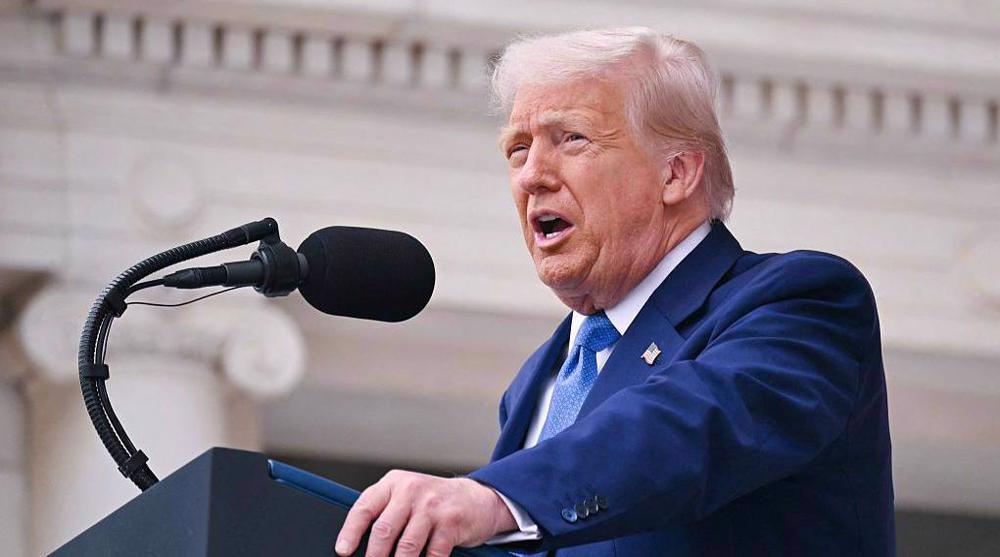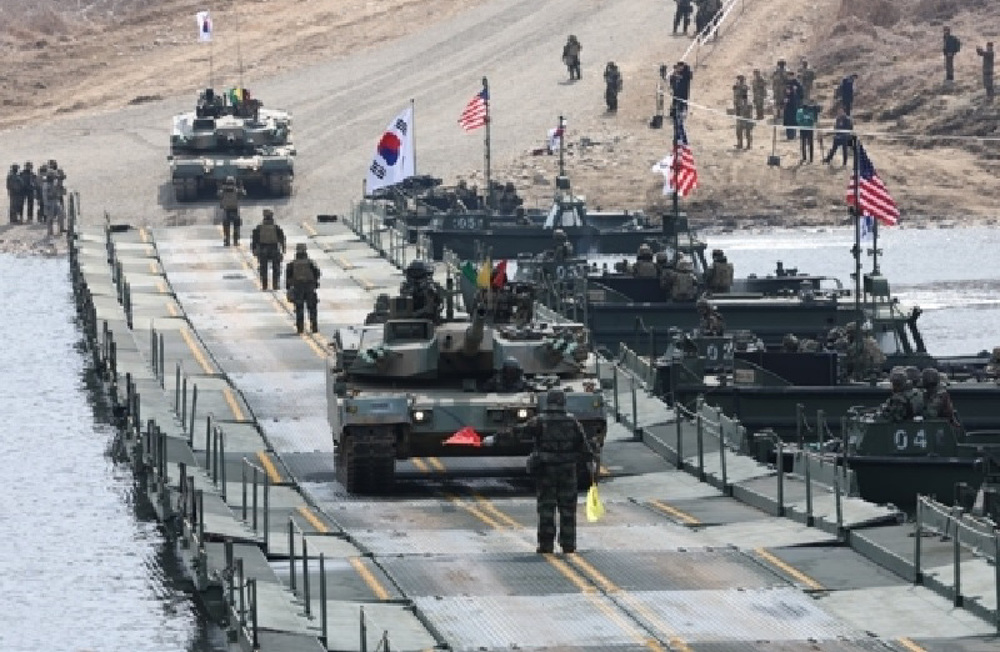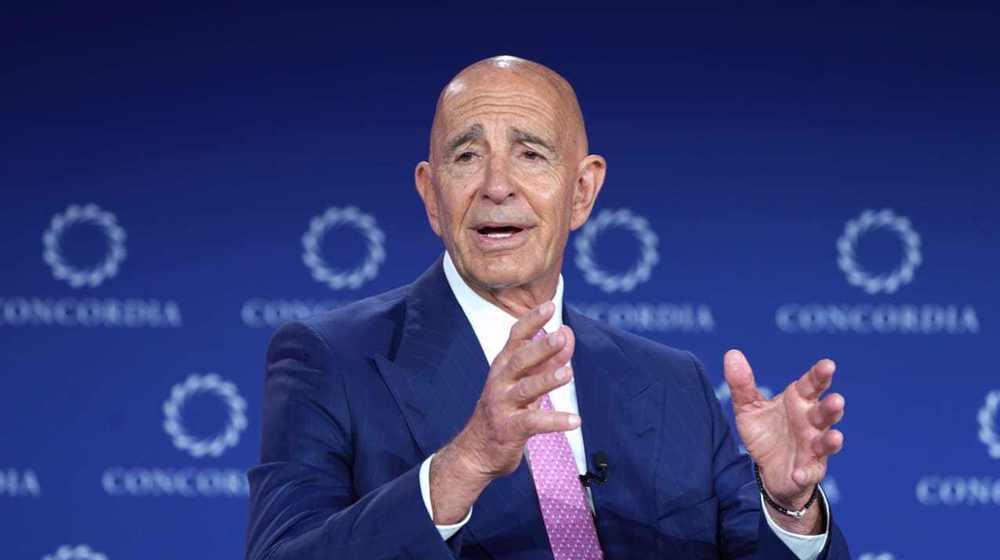Iran's revenge on Soleimani assassination taught Trump a lesson, says ex-US official
An ex-chief of staff of former US Secretary of State Colin Powell says Iran’s response to the assassination of General Qasem Soleimani has taught US President Donald Trump "a little bit of a lesson," about any future attacks on the Islamic Republic.
"I think it taught him a little bit of a lesson, because there were a number of things about that retaliation that were surprising; one that it was so proportionate and two that it was so accurate," Lawrence Wilkerson told Press TV on Wednesday.
On January 8, Iran's Islamic Revolution Guards Corps (IRGC) fired volleys of ballistic missiles at the Ain al-Assad airbase in the western Iraqi province of Anbar, where the US troops were stationed.
The retired US army further reiterated that Washington intends to stay in wars because the US military-industrial complex gains billions of dollars in every single war it creates.
Iran's missile operation was in response to the January 3 assassination of General Soleimani, the commander of the IRGC’s Quds Force, and Abu Mahdi al-Muhandis, the second-in-command of Iraq’s Popular Mobilization Units (PMU), and a group of their companions in Baghdad.
The US operation was conducted under Trump’s direction and the US Department of Defense took full responsibility for the assassination.
Both commanders enjoyed deep reverence among Muslim nations over their endeavors in eliminating the US-sponsored Daesh Takfiri terrorist group in the region, particularly in Iraq and Syria.
At the White House, Trump adamantly denied the Iranian missiles left any casualties.
Out of despair and under pressure from Congress, the Trump administration has gradually announced casualties from the Iranian attack, with Pentagon admitting that 109 US troops have been diagnosed with traumatic brain injuries.
Nuclear chief: Iran should turn from buyer to creator of technology
Swiss MPs urge revocation of UEFA tax-exemption over Israel ties
'No war on Venezuela' demonstration in US
Pezeshkian hails ‘decisive step’ in ties as Iran, Kazakhstan seal 7 deals
VIDEO | India faces new political clash over patriotic song
VIDEO | Press TV's news headlines
Iran returns to IOC leadership after 21 years as Olympian Soraya Aghaei wins seat
Discover Iran: Ziarat village in Golestan, where sacred herritage meets natural wonders










 This makes it easy to access the Press TV website
This makes it easy to access the Press TV website